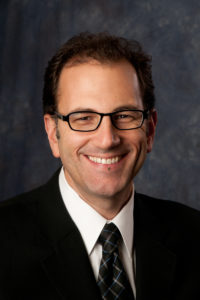 The next WATCH talk, called Industry Leaders and Academic Privacy Researchers: Adversaries or Partners? is Thursday, February 16th, from Noon-1pm EST.
The next WATCH talk, called Industry Leaders and Academic Privacy Researchers: Adversaries or Partners? is Thursday, February 16th, from Noon-1pm EST.
Abstract:
As 2017 begins, are we entering a time of crisis or a time of opportunity for individual privacy? Law enforcement demands for consumer data continue to grow and surveillance by intelligence agencies continues to drive civil liberties debates. Online tracking for analytics and advertising has been extended to mobile devices, to interactive television and to smart home devices. Social media sharing has achieved near ubiquity, with services integrating location, facial recognition, and live video sharing. With connected cars, our motor vehicles become data collectors and with drones our public spaces can be more easily monitored. Big data strains against fair information practices of consent, limited purpose and data minimization. Algorithmic decision making and machine learning wreak havoc with efforts to provide transparency. Artificial Intelligence may leave us unsure who will even be accountable for data driven determinations.
But yet, the very stress on privacy created by these advances could create opportunities for progress, if academic-industry cooperation can be focused on key issues identified in the National Privacy Research Strategy. Based on his experience working with more than 130 senior privacy officers at companies, as well as with leading academics and privacy advocates, Jules will discuss options for harnessing academic and industry efforts to advance transparency and control, de-identification, ethics, and algorithmic accountability. He will review current areas of privacy developments around student data, wearables, connected cars, microphones in the home, smart toys and smart cities. He will also examine opportunities to ensure administrative data is available to researchers in a trusted manner for evidence based policymaking.
The talk will be held in Room 110 at the National Science Foundation in Arlington, VA. No RSVP is necessary, and no visitor badges are required. It will also be webcast; you can register here.









